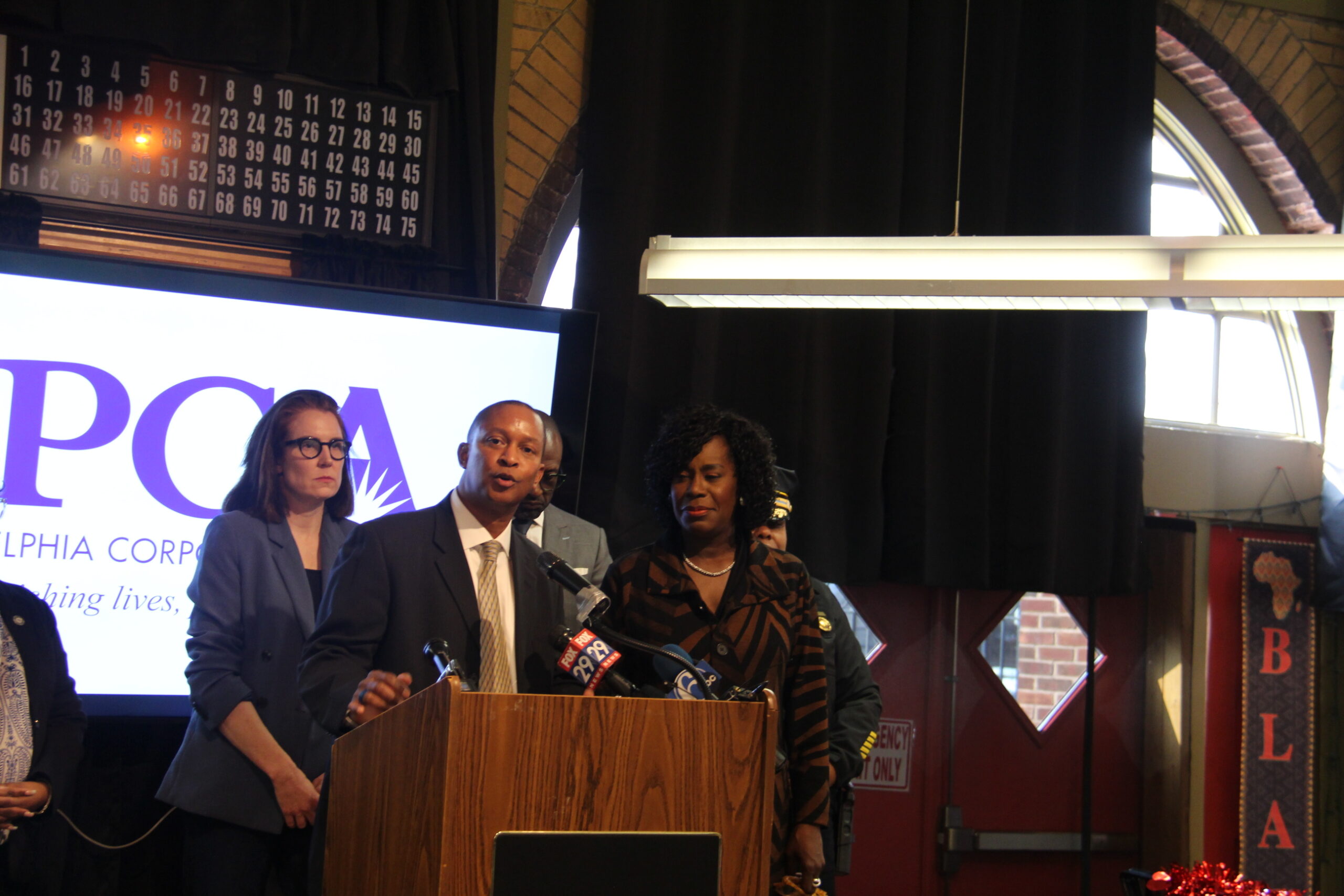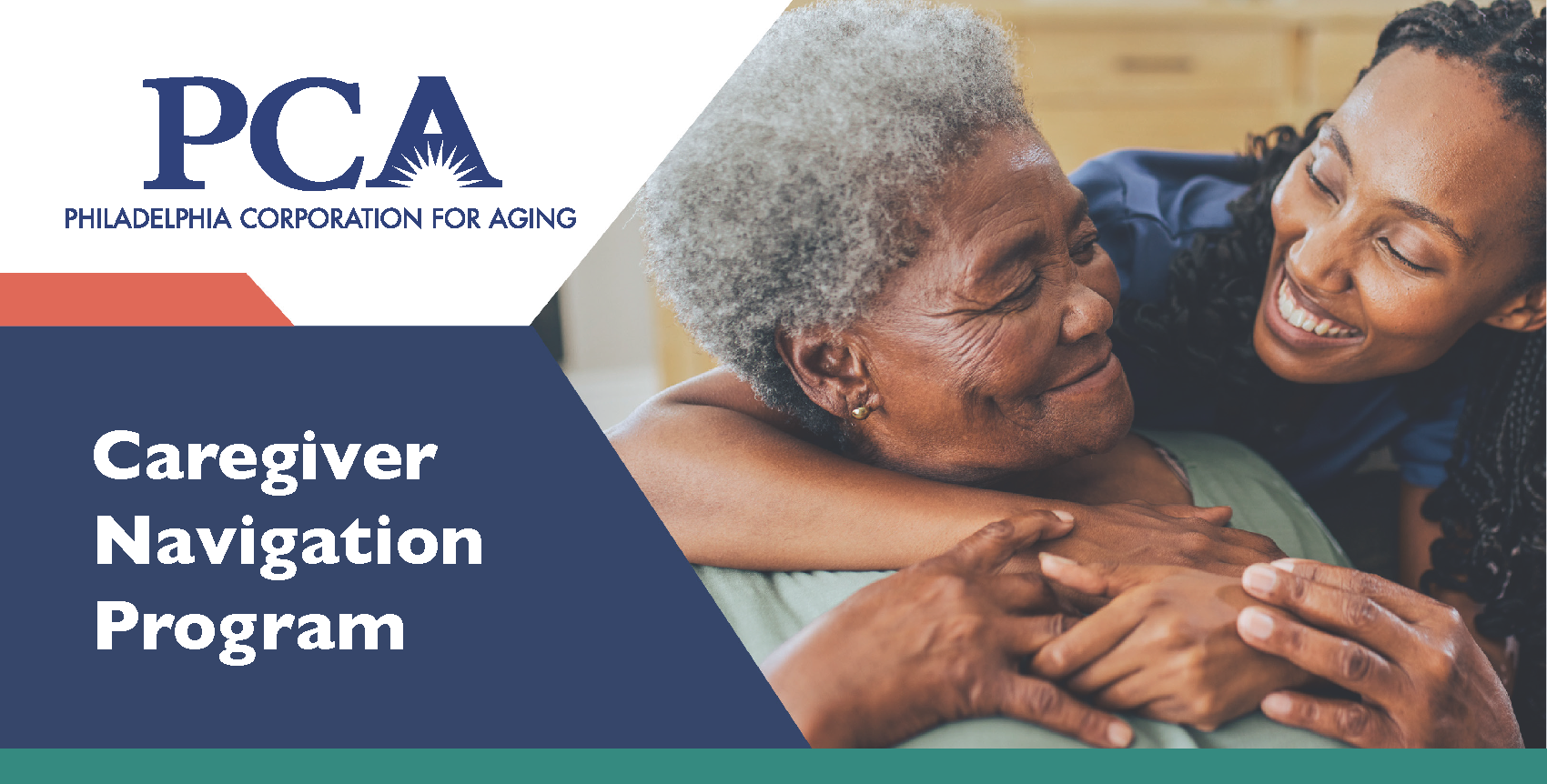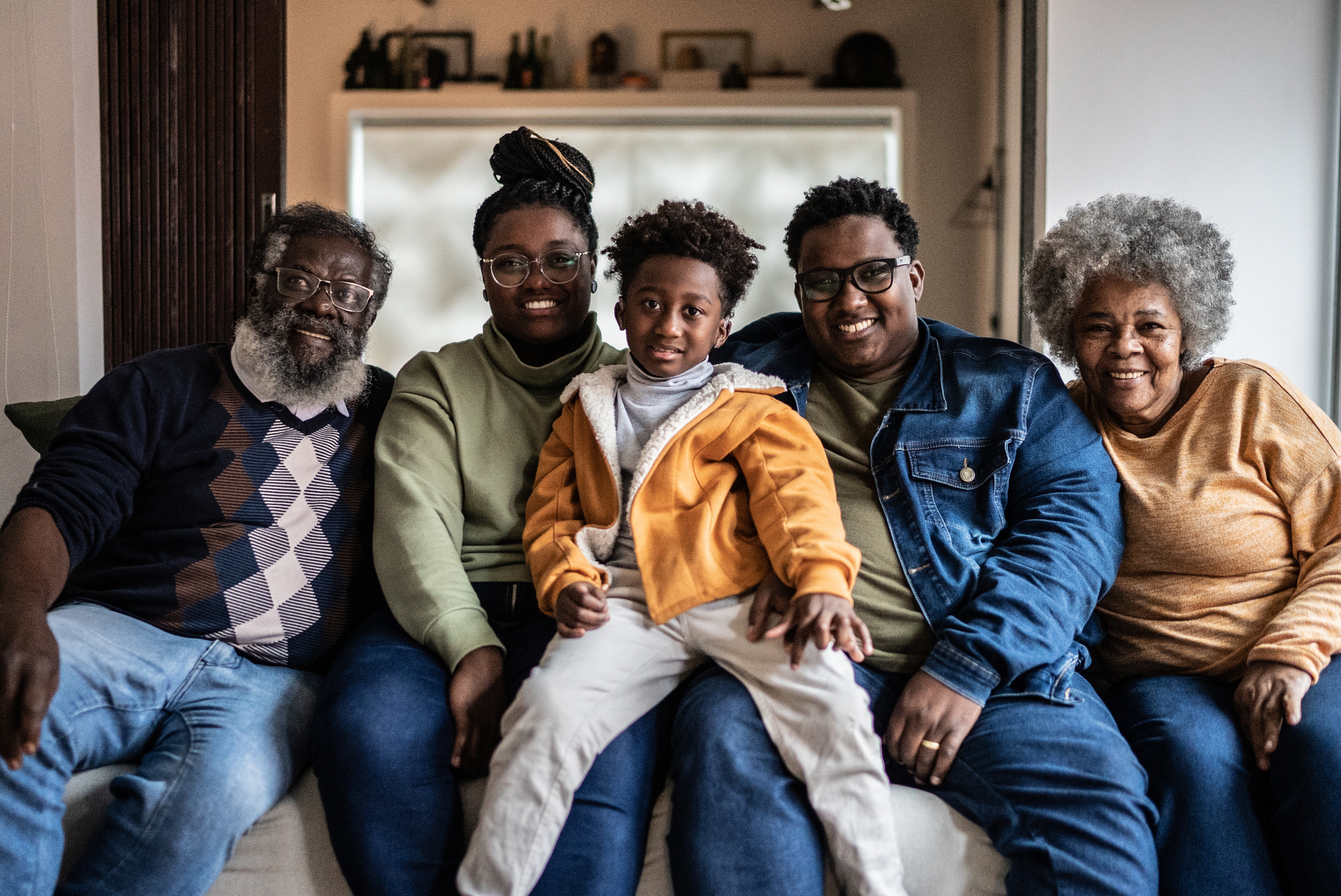Older adult community needs impacted by COVID-19
By Mary Anna Rodabaugh
From the first order restricting in-person appointments and activities to the mask mandate and everything in between, the past three years have been nothing short of challenging for community organizations supporting older adults. Much older adult programming either ceased operations or were offered in a virtual capacity. Today, much of the programming has returned to normal operations, however local senior centers continue to work hard to help meet the growing and challenging needs of Philadelphia’s older adults in the wake of COVID-19.
Philadelphia’s senior centers do not just offer a place for older adults to exercise, participate in classes, or take part in recreation. These centers also have resource counselors available to assist members and older adults in the community with basic needs.
“There have been less requests for food,” says Aretha Dorsey, center counselor at Liberty Lutheran’s (LCFS) West Philadelphia Senior Center. “I’ve been getting a lot of requests for emergency funds for groceries, not just from our members but people in the community as well.”
Dorsey notes during the winter months, many older adults requested heating oil and additional funds, specifically for heating. However, as the weather turned warmer, those requests began to decline as appeals for food support continued to rise.
Lavern Harris, a program counselor at Caring People Alliance Marconi Older Adult Program, located within the Caring People Alliance South Philadelphia Boys & Girls Club, has also been assisting older adults with food access and emergency funds.
Housing challenges
Older adults have also been requesting housing assistance, but long waitlists for senior housing vacancies make providing assistance challenging.
“We have several members who live with their children as well as their grandchildren,” says Harris. “I’ve noticed an increase in this because the housing market is so unstable and unaffordable, and there’s so much inflation of groceries that it has become very difficult for our seniors who are trying to live on a fixed income.”
For older adults with their own housing, they often need resources to help with major and minor repairs. Many older adults choose to stay in their home for decades and natural wear and tear demands routine maintenance they cannot do themselves. This includes roof repair, plumbing repair, and even tree or root removal that compromises a house’s foundation. Home maintenance is a costly endeavor.
Asking for help
While many welcome the return to pre-COVID-19 “normalcy,” there is no indicator how long economic strains will continue to impact the older adult community. Despite these challenging times, older adults are encouraged to ask for the help they need.
“If you need help, ask. Just ask, don’t be afraid. Don’t be ashamed. Everybody is going through something right now,” says Dorsey.
Many senior centers offer mental and emotional health programs as well. Even if an older adult does not have an imminent financial need, mental health and well-being support are equally important in these post-pandemic times.
Harris encourages you to tap into different organizations that may be able to help with resources.
“You can come into Marconi and I, or another counselor, can help you with referrals, budget plans and more,” she says. “If you don’t live near us, you can contact 311 – the information line for the city for resources and support. You can also utilize your local councilperson. Their office team should be able to help you access resources and organizations that can help.”
Harris has noticed the 311-call center has been busy for quite some time. In the event you can’t get through by dialing 311, you can also call 215-686-8686 for assistance.
PCA also offers access to many resources for older adults in need, including 18 senior community centers, financial aid through the Emergency Fund for Older Philadelphians, home repairs and modifications, and friendly visits by volunteer Senior Companions. For more information, older adults and their loved ones can complete an online Request for Assistance at pcaCares.org/request-assistance or call the PCA Helpline at 215-765-9040.
Mary Anna Rodabaugh is a writer, editor and writing coach.




